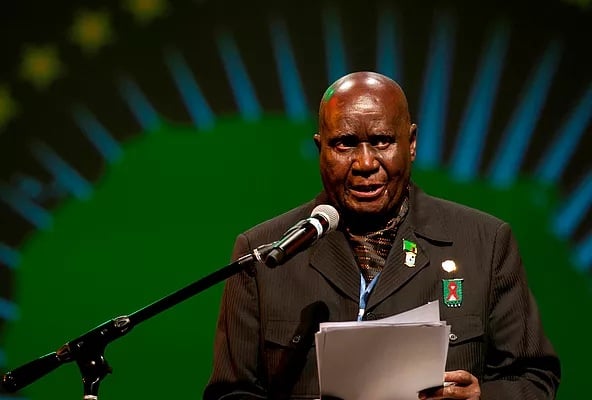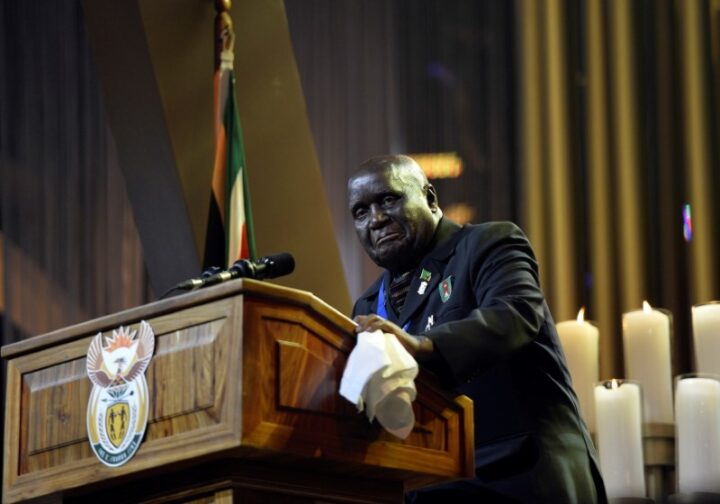The International Labour Organisation (ILO) has elected Nigeria as a regular member of its governing board.
ILO has 187 member states: 186 out of the 193 UN member states including the Cook Islands.
Charles Akpan, deputy director, press and public relations in the ministry of labour and employment, said the election held on June 14 at the 109th session of the ILO’s conference in Geneva, Switzerland
He said Nigeria was elected to the apex leadership organ of the organisation alongside other African countries – Cameroon, Eswatini (commonly known as Swaziland), Morocco, Rwanda and Uganda, in a keenly contested election.
Advertisement
“Nigeria will serve till 2024,’’ Akpan said in a statement issued on Tuesday.
“In this new position, Nigeria will be able to chair various Governing Board sessions and committees, oversee adoption of decisions usually by consensus, as well as amendments of minutes and records of proceedings.
“Others are adoption of reports of various committees, including the reports of regional meetings and other ILO sectoral meetings.
Advertisement
“The country will also be meeting with the ILO Director-General, Guy Ryder, prior to each Governing Board session to discuss matters related to the region and proffer way forward.
“This assures of accelerated flow of technical assistance and support by the ILO, including training and capacity building opportunities, nomination into global fora, technical meetings and supervisory organs of the ILO.”
Akpan noted that while serving as deputy, Nigeria was nominated as the chair of the entire government group of the ILO and held the position from June 2019 to 2020.
He added that during the COVID-19 lockdown, Nigeria was able to coordinate the affairs of the government group under the chairperson of Chris Ngige, minister of labour and employment.
Advertisement
He said that the minister successfully handed over to new co-chairs, Panama and Chile.
“Nigeria has, through her leadership and parliamentary experience, successfully represented the African region in pressing and pushing through amendments of ILO regional rules for meetings,” he added.
“The adoption of the amendments cleared the ambiguity on composition of participants of member states at regional meetings.
“This was a rare achievement that was not envisaged in the nearest century as colonial influence on some African member states permitted colonial masters to interfere, particularly in Africa’s regional meetings.”
Advertisement
Add a comment






